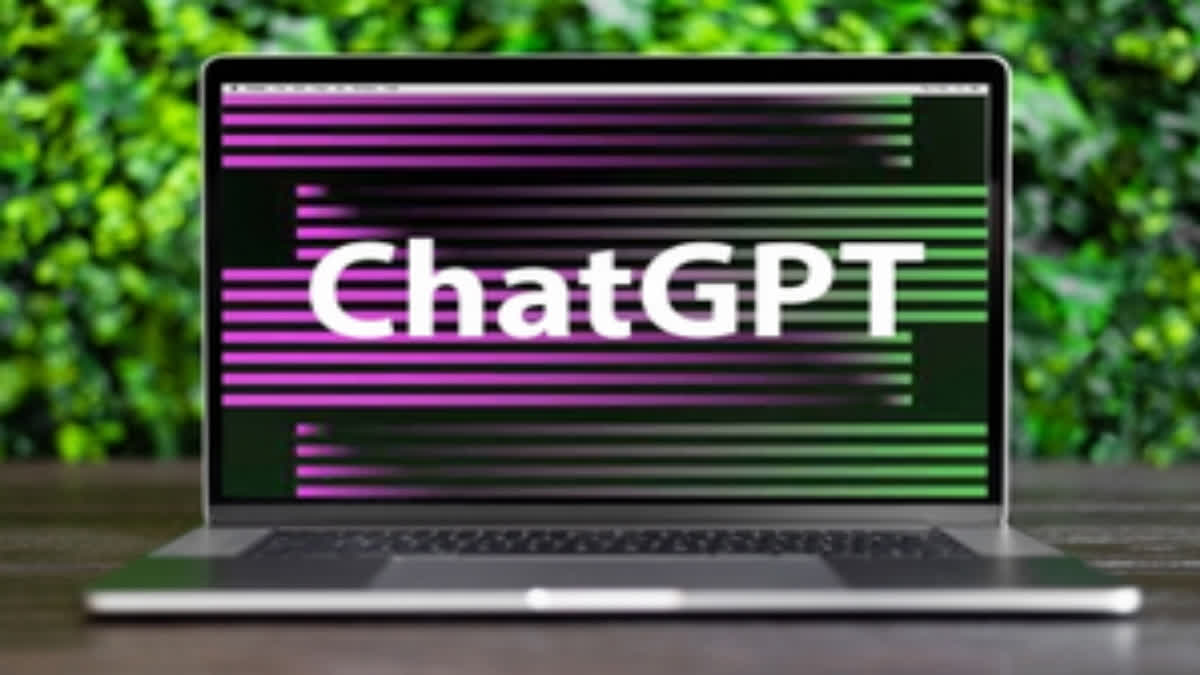New York: Amid the growing debate over AI and its side effects, researchers now report that in healthcare settings, ChatGPT is nearly 72 per cent accurate across all medical specialties and phases of clinical care, and 77 per cent accurate in making final diagnoses.
The study led by investigators from Mass General Brigham highlighted potential for generative AI to increase access and efficiency in healthcare. The large-language model (LLM) artificial intelligence chatbot performed equally well in both primary care and emergency settings across all medical specialties, said the study published in the Journal of Medical Internet Research.
"No real benchmarks exist, but we estimate this performance to be at the level of someone who has just graduated from medical school, such as an intern or resident. This tells us that LLMs in general have the potential to be an augmenting tool for the practice of medicine and support clinical decision making with impressive accuracy,” said Marc Succi, associate chair of innovation and commercialisation and strategic innovation leader at Mass General Brigham.
Changes in artificial intelligence technology are occurring at a fast pace and transforming many industries, including health care. But the capacity of LLMs to assist in the full scope of clinical care has not yet been studied. Succi and his team tested the hypothesis that ChatGPT would be able to work through an entire clinical encounter with a patient and recommend a diagnostic workup, decide the clinical management course, and ultimately make the final diagnosis.
Also read: Study finds ChatGPT politically biased; supports Left-wing
The team compared ChatGPT’s accuracy on differential diagnosis, diagnostic testing, final diagnosis, and management in a structured blinded process, awarding points for correct answers and using linear regressions to assess the relationship between ChatGPT’s performance and the vignette’s demographic information.
ChatGPT was lowest-performing in making differential diagnoses, where it was only 60 per cent accurate. It was only 68 percent accurate in clinical management decisions, such as figuring out what medications to treat the patient with after arriving at the correct diagnosis. ChatGPT’s answers did not show gender bias and that its overall performance was steady across both primary and emergency care.
“ChatGPT struggled with differential diagnosis, which is the meat and potatoes of medicine when a physician has to figure out what to do,” said Succi. “That is important because it tells us where physicians are truly experts and adding the most value -- in the early stages of patient care with little presenting information, when a list of possible diagnoses is needed.” The authors note that before tools like ChatGPT can be considered for integration into clinical care, more benchmark research and regulatory guidance is needed. (IANS)
Also read: Human Knowledge powers ChatGPT and similar AI systems: Expert



